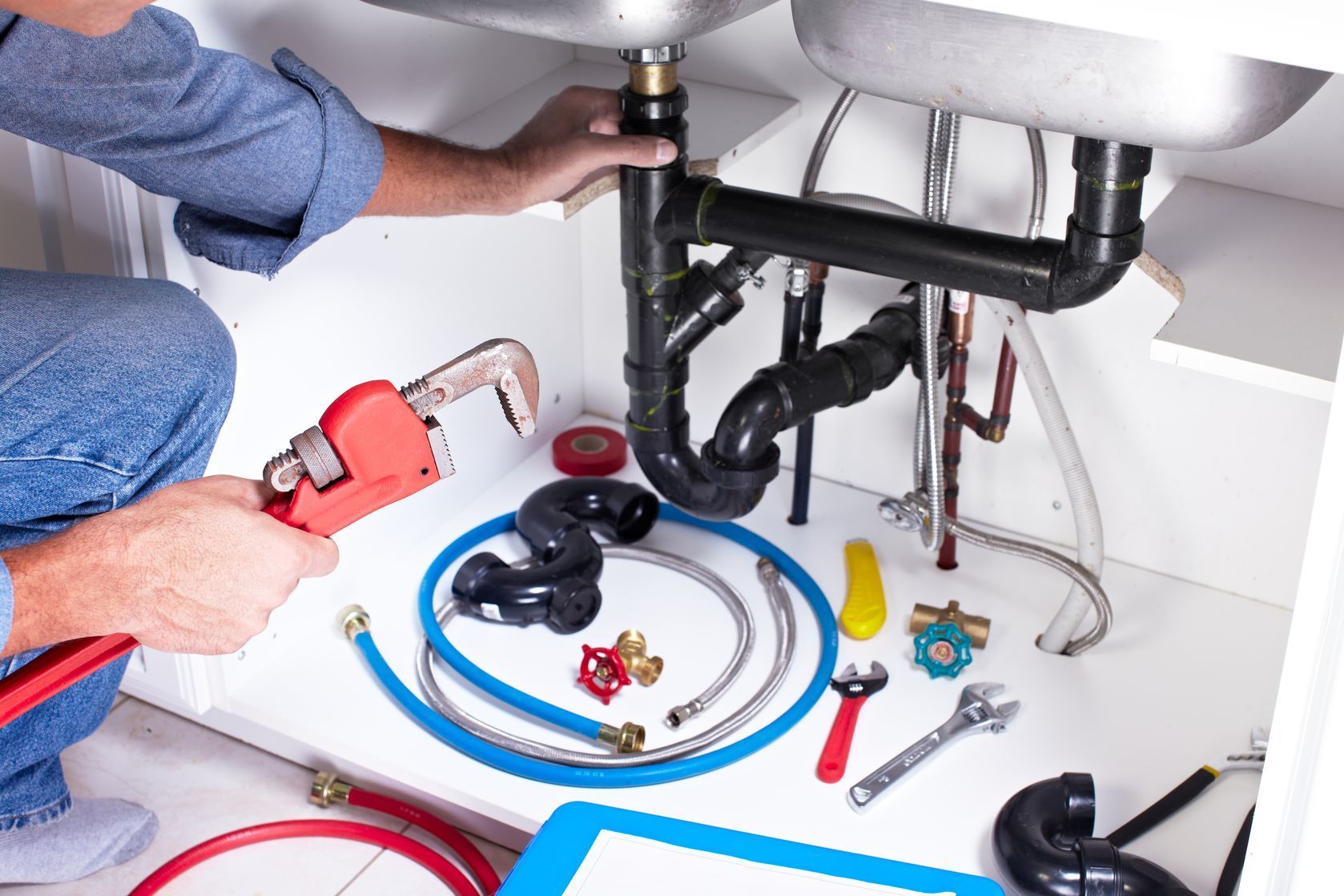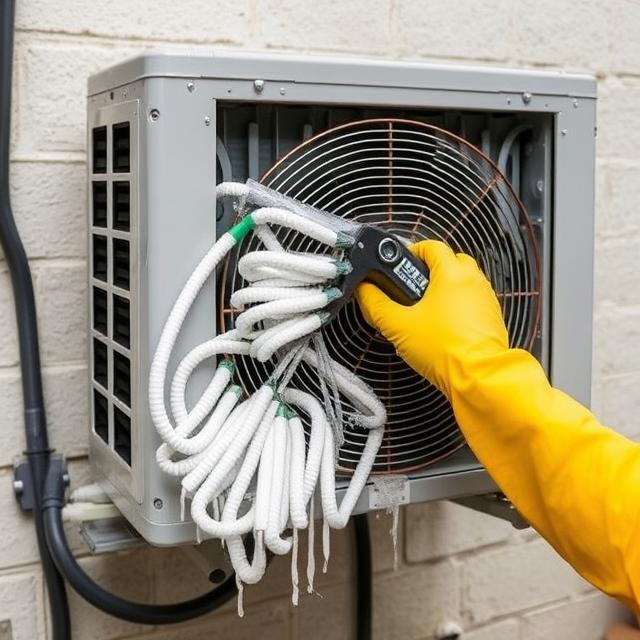Hard water is a common issue in many households, particularly in areas like American Fork, Utah, where mineral-rich water can wreak havoc on plumbing systems. If you’ve ever noticed unsightly white stains on your faucets or reduced water flow from your shower, you’re likely dealing with hard water. But what exactly is hard water, and how does it affect your plumbing? More importantly, what can you do to mitigate its impact? This article will explore these questions in detail and provide actionable solutions.
What is Hard Water?
Hard water is water that contains high levels of dissolved minerals, primarily calcium and magnesium. These minerals accumulate in the water as it flow through underground sources and pick up particles from rocks and soil. While hard water is not harmful to your health, it can cause significant damage to your plumbing system and appliances over time.
Signs of Hard Water in Your Home
Hard water often leaves a visible trail that makes it easy to identify. Here are some common signs that you have hard water in your home:
- White, chalky stains on faucets and showerheads.
- Soap scum in sinks, bathtubs, and on glass shower doors.
- Clogged showerheads due to mineral buildup.
- Clothes feel rough after washing.
- Reduced water pressure in faucets and showers.
If you’re noticing these issues and you’re in the Utah area, contacting Plumbers American Fork UT for an inspection could be the first step toward a solution.
How Hard Water Affects Your Plumbing
The minerals in hard water can cause a range of problems for your plumbing system. Here’s how:
1. Mineral Buildup in Pipes
One of the most significant ways hard water affects your plumbing is through the accumulation of minerals inside your pipes. Over time, calcium and magnesium particles can build up, reducing the diameter of your pipes. This process, called scaling, leads to reduced water flow and increased pressure in your system, potentially causing pipe leaks or bursts.
2. Damage to Water Heaters
Hard water can also shorten the lifespan of your water heater. As the water heats, minerals separate and settle at the bottom of the tank. This sediment creates an insulating layer, forcing your water heater to work harder to heat the water. This not only increases your energy bills but also puts additional wear and tear on the appliance, leading to premature failure.
3. Corrosion of Plumbing Fixtures
Hard water leaves mineral deposits on your faucets, showerheads, and other fixtures. These deposits not only look unsightly but can also cause corrosion over time, leading to leaks or the need for frequent replacement of fixtures. In severe cases, entire sections of plumbing may need to be replaced.
4. Increased Wear on Appliances
Your washing machine, dishwasher, and other water-using appliances can also suffer from hard water. The mineral deposits left behind by hard water reduce efficiency, meaning your appliances will need to work harder to function properly. This leads to shorter appliance lifespans and increased maintenance costs.
What You Can Do About Hard Water
Fortunately, there are solutions to minimize the effects of hard water on your plumbing system. Here are some effective strategies:
1. Install a Water Softener
One of the most popular solutions for hard water is installing a water softener. Water softeners use ion-exchange technology to remove calcium and magnesium from your water, replacing them with sodium ions. This process prevents mineral buildup in your pipes and appliances, protecting your plumbing system and extending the life of your fixtures.
If you’re unsure about what type of water softener is best for your home, reaching out to Plumbers American Fork UT can help you find the right solution tailored to your needs.
2. Regular Plumbing Maintenance
Another way to combat hard water issues is by scheduling regular plumbing maintenance. A professional plumber can descale your pipes, inspect your water heater, and clean out your appliances to remove mineral buildup. Regular maintenance can help catch minor problems before they become major repairs, saving you time and money in the long run.
3. Use Descaling Solutions
For smaller fixtures like showerheads and faucets, you can use descaling solutions to remove mineral deposits. Soaking these fixtures in a solution of vinegar and water can dissolve buildup, improving water flow and extending their lifespan.
4. Install a Whole-House Filtration System
In addition to or instead of a water softener, you might consider installing a whole-house filtration system. These systems filter out minerals and other contaminants before they enter your plumbing system, providing your home with cleaner, softer water. This can be a particularly effective solution if you’re concerned about the taste or quality of your drinking water in addition to protecting your plumbing.
Benefits of Addressing Hard Water Issues
Solving your hard water problem can have immediate and long-term benefits, including:
- Improved water pressure: Removing mineral buildup increases water flow.
- Extended appliance lifespan: Less wear and tear on washing machines, dishwashers, and water heaters.
- Lower energy costs: Efficient water heating reduces energy usage.
- Cleaner fixtures: Eliminate unsightly stains and soap scum.
By addressing hard water problems, you’ll protect your plumbing and save on future repairs and replacements.
Conclusion
Hard water may seem like a minor nuisance, but it can cause significant damage to your plumbing system over time. Mineral buildup can lead to clogged pipes, damaged water heaters, and reduced efficiency in water-using appliances. By installing a water softener, scheduling regular plumbing maintenance, and using descaling solutions, you can prevent these issues and protect your home.
If you’re experiencing hard water problems and need professional assistance, don’t hesitate to contact Plumbers American Fork UT. Their expertise can help you find the best solution for your plumbing system, ensuring long-term protection against hard water damage.
FAQs
1. What are the signs of hard water affecting my plumbing?
Common signs include white, chalky stains on faucets, soap scum buildup, reduced water pressure, and frequent appliance repairs. If you’re noticing these signs, your home likely has hard water.
2. Can hard water damage my water heater?
Yes, hard water can lead to sediment buildup in your water heater, forcing it to work harder and reducing its lifespan. Installing a water softener can help prevent this issue.



